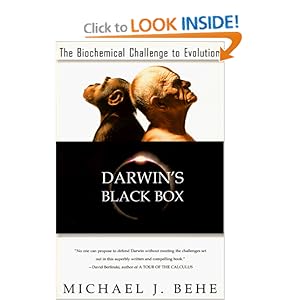Cosmology: String theory – a first step to understanding it …
Douglas and Dine and their co-workers have taken the first steps in finding the statistical rules governing different string vacua. I can’t comment usefully on this, except to say that it wouldn’t hurt in this work if we knew what string theory is. – Nobelist Steven Weinberg, The Nature of Nature , p. 550 A second step? In the same book (which you can win in our most recent contest), ID-friendly cosmologist Bruce Gordon offers a brief explanation, which shows that he doesn’t think much of string theory, any more than anti-ID Weinberg does. Enter the contest or buy the book. Really.

